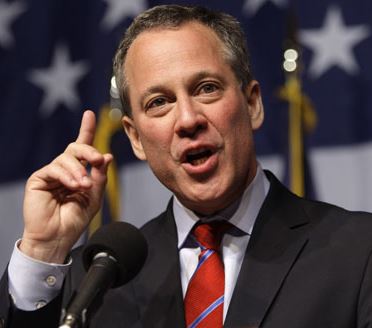
Schneiderman
New York’s Attorney General Eric Schneiderman resigned late Monday after four women accused him of physical abuse, causing a political earthquake in Albany and potentially stalling several important telecommunications-related cases that were championed by the Democrat.
The New Yorker magazine published an article late Monday with the accounts of the four women who said Schneiderman subjected them to non-consensual physical violence during romantic encounters.
Schneiderman issued several statements denying he assaulted anyone or took part in non-consensual sex. His resignation announcement said the allegations will effectively prevent him from carrying out his office’s work.
He had been a vocal proponent of the #MeToo movement against sexual assault and harassment, including filing a lawsuit against Harvey Weinstein, one of the many high-profile men in politics, entertainment and business accused of assaulting women.
Schneiderman was also one of the country’s strongest advocates of holding telecom companies to their agreements. He was actively involved in pursuing the state’s dominant cable company, Charter Communications, for allegedly selling internet speeds his office claimed the company knew it could not deliver, and was more recently investigating Charter for its failure to adequately expand its rural service area to comply with the 2016 merger agreement between Charter, Time Warner Cable and the state’s Public Service Commission.
Schneiderman was elected in 2010 on a platform of pursuing equal justice for all New Yorkers. His website noted, “As the highest ranking law enforcement officer for the State, Schneiderman believes there has to be one set of rules for everyone, no matter how rich or powerful.”
On Tuesday, the governor announced New York Solicitor Barbara Underwood, also a Democrat, has stepped in to serve as acting attorney general.
Underwood, 73, has been the state Solicitor General since 2007 when she was appointed by then Attorney General Andrew Cuomo. Schneiderman left her in place after he won election to the attorney general position in 2010. Underwood has no record of being a political advocate and has no intention to run for the position in the fall elections, making her largely a caretaker of the office. Her role has traditionally been to represent the state in appeals cases.
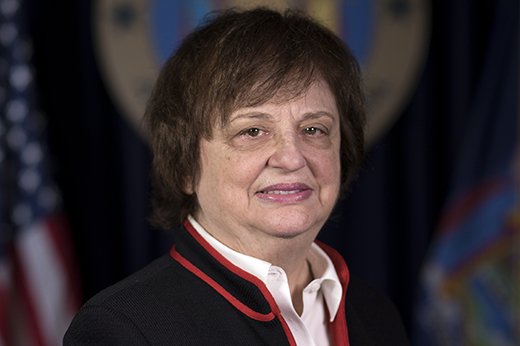
Underwood
Her lack of political intention was cited by Gov. Cuomo in his remarks introducing her as Schneiderman’s replacement.
“She’s an extraordinarily competent woman, so I have no fear in the immediate she will provide good stewardship in the office,” Cuomo said. “She’s a total professional” and the fact she is not running for office means “she will not be playing politics. She’ll just be doing the job.”
“I am honored to serve the people of New York as acting attorney general,” Underwood said in a statement. “The work of this office is critically important. Our office has never been stronger, and this extraordinarily talented, dedicated, and tireless team of public servants will ensure that our work continues without interruption.”
Traditionally, caretaker heads of the Attorney General’s office continue existing cases and rely heavily on staff attorneys and their supervisors to continue litigation. But few observers expect Underwood will break ground on new cases or attempt to shift priorities in the office. Because the next scheduled election for New York’s attorney general is this year, most anticipate Underwood will keep a low profile until the election or the legislature replaces her. Had the governor appointed an acting attorney general with political ambitions, most would have expected an active summer and fall of high profile cases to build a list of accomplishments to promote in the fall campaign.
The last Republican to hold the position, Dennis Vacco (1995-1998), told the press the sudden opening of the office could spark considerable interest among Democrats and Republicans. The Attorney General slot has recently proved to be an important position for anyone considering a run for governor in New York. Both Eliot Spitzer and Andrew Cuomo served in this position before being elected to the governor’s office.
Vacco told the Rochester Democrat & Chronicle he expects few changes in the office if Underwood remains a caretaker until the next election.

James
“If she is not a candidate for election, I think that she will be much more status quo-oriented,” he said.
But if the state legislature moves to appoint an interim replacement, the individual chosen will very likely have a political interest in winning the office at the next election opportunity. Vacco said that individual may want to put her or his own imprimatur on the office operations, which means the cases pursued in the future will not likely be the same as those chased by Schneiderman. The idea is “put[ting] distance between yourself and Schneiderman.”
There are multiple Democrats actively considering or who have been mentioned as possible candidates for the position this week:
NY City Public Advocate Letitia James: Favored by Gov. Cuomo, according to a report in the Wall Street Journal, James is no pushover for cable companies. James has led the charge against Charter Communications’ performance in Manhattan and has held Verizon’s feet to the fire over their slow deployment of FiOS in New York’s largest city.
Former Manhattan U.S. attorney Preet Bharara: Has the support of several prominent admirers in New York and Washington, D.C. His indefatigable prosecution of public corruption cases has him feared in some circles and admired in others. He is also a fierce critic of the president. Consumer groups are uncertain what types of cases would get his attention if he were to win the position.
Rep. Kathleen Rice, the former Nassau County district attorney is actively mentioned as a candidate, as is Queens state Sen. Michael Gianaris, and former gubernatorial candidate Zephyr Teachout. Teachout has been actively involved in promoting broadband issues including net neutrality. Another person who has been approached by Democratic officials to weigh a possible run is Ben Lawsky, the former superintendent of the state Department of Financial Services and a former federal prosecutor in the Manhattan U.S. attorney’s office.
Among members of the state legislature, who could quickly appoint a replacement until the fall election, James appears to be the current leading candidate. James would be New York’s first African-American attorney general, and would represent another instance of a female replacing a disgraced male official. She declined comment about her interest in the position.
On the Republican side, lawyer Manny Alicandro is running for the nomination for attorney general. His candidacy is likely to be challenging, given the Democratic enrollment advantage in New York and a mid-term election likely to drive more Democrats to the polls.


 Subscribe
Subscribe Charter Communications will begin selling mobile phone and wireless data services starting June 30, offering Spectrum customers an unlimited calling/texting/data plan for a flat $45 a month or the option of paying by the gigabyte for lighter users seeking a less expensive plan. Factor in
Charter Communications will begin selling mobile phone and wireless data services starting June 30, offering Spectrum customers an unlimited calling/texting/data plan for a flat $45 a month or the option of paying by the gigabyte for lighter users seeking a less expensive plan. Factor in 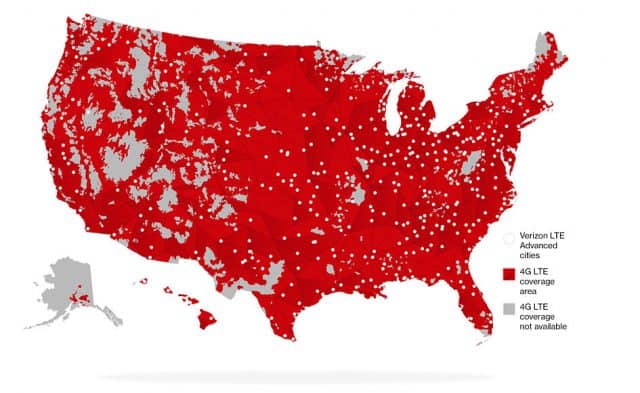

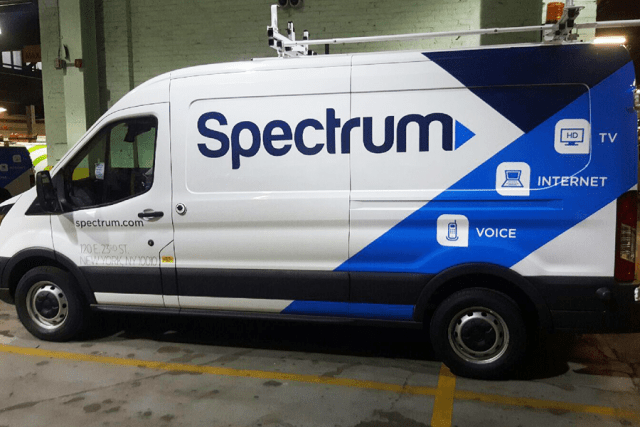 Charter Communications today launched gigabit broadband upgrades across dozens of U.S. cities, including almost all of upstate New York (excluding Buffalo) and large parts of Texas, Ohio, California, and Virginia.
Charter Communications today launched gigabit broadband upgrades across dozens of U.S. cities, including almost all of upstate New York (excluding Buffalo) and large parts of Texas, Ohio, California, and Virginia. In 2017, negotiations between the city of McAllen, Tex. and wireless companies over the cost of placing new wireless infrastructure neared agreement at $1,500 per network node, an amount not out of line with the kind of infrastructure fees being charged in other cities where utilities want to place their equipment in the public rights-of-way. But just before contracts were ready to sign,
In 2017, negotiations between the city of McAllen, Tex. and wireless companies over the cost of placing new wireless infrastructure neared agreement at $1,500 per network node, an amount not out of line with the kind of infrastructure fees being charged in other cities where utilities want to place their equipment in the public rights-of-way. But just before contracts were ready to sign,  Bennett Sandlin, executive director of the Texas Municipal League, called that an “unconstitutionally low amount of money.”
Bennett Sandlin, executive director of the Texas Municipal League, called that an “unconstitutionally low amount of money.”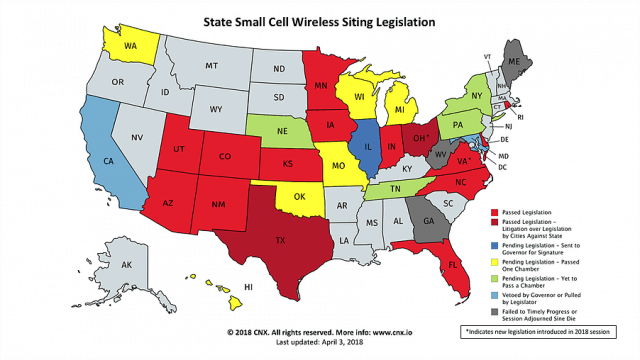
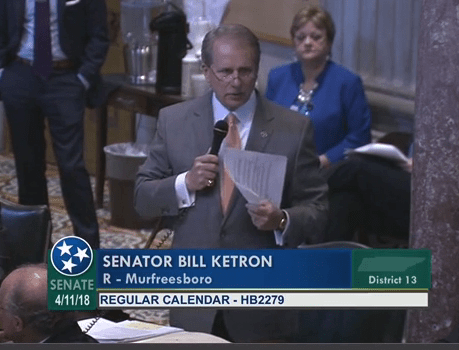
 To promote its gigabit speed offering, Verizon Communications has introduced a new offer targeting online gamers that offers a free, one-year subscription to Xbox Live Gold and a choice of Sea of Thieves or Playerunknown’s Battlegrounds for free when signing up for Verizon FiOS Gigabit Connection (940/880 Mbps) service at a special promotional price of $79.99 for one year.If you are an online gamer, try this out or the
To promote its gigabit speed offering, Verizon Communications has introduced a new offer targeting online gamers that offers a free, one-year subscription to Xbox Live Gold and a choice of Sea of Thieves or Playerunknown’s Battlegrounds for free when signing up for Verizon FiOS Gigabit Connection (940/880 Mbps) service at a special promotional price of $79.99 for one year.If you are an online gamer, try this out or the 